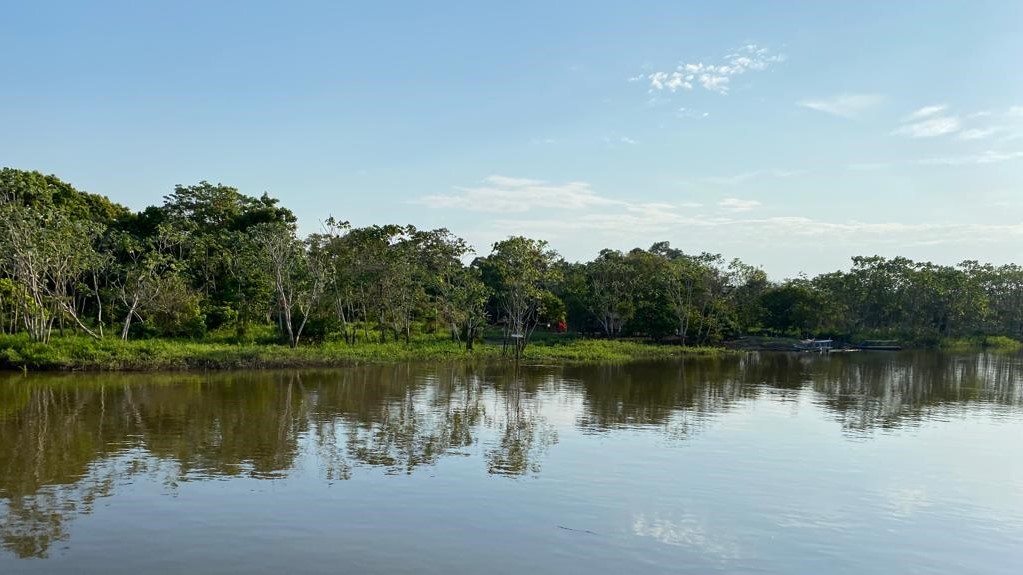
Following months of extensive discussions and negotiations, on the 6th of December the Council and the European Parliament reached a provisional deal on the proposal for a legislation known as the EUDR – EU Regulation on Deforestation-free supply chain. The agreement is still pending formal adoption by both institutions.
The legislation aims to halt EU consumption of globally traded agricultural products coming from supply chains associated with deforestation. The first draft of the legislation was proposed by the EU Commission back in November 2021. After that, several modifications and amendments were implemented in the text over the course of 2022: by the EU Council on June, who showed a more flexible approach as to mediate between the interests of individual Member States, and by MEPs in the European Parliament’s Environment Committee (ENVI), who supported a more ambitious proposal (e.g. by enlarging the scope of the regulation to include more products, increasing the number of checks on companies and protecting more nature by including other natural ecosystems such as grasslands, peatlands and wetlands).
The current agreement maintains the core features proposed by the Commission, requiring companies to implement a due diligence process that ensures, with verifiable information, that products entering the EU market are “deforestation-free”, including strict traceability measures and a country benchmarking system to be developed by the Commission. Competent authority checks on operators and traders rise to 9 percent for products from high-risk countries, 3 percent for standard-risk countries, and 1 percent for low-risk countries.
The set cut-off date for the “deforestation-free” definition is 31 December 2020, which was the date specified in the first draft of the proposal. This means that only commodities produced on land that was not subject to deforestation or forest degradation after this date shall enter or be traded within the EU market.
Some products that were not initially present in the first proposal, but had been later included by the Environment Committee, were adopted, such as rubber, charcoal, printed paper and certain palm oil derivatives. Nevertheless, the inclusion of maize in the commodities scope, as proposed by the Parliament’s Environment Committee was not adopted by the final proposal. Therefore, the final scope is set on: palm oil, cattle, soya, coffee, cocoa, wood and rubber, as well as products that contain, have been fed with or are made using these commodities (such as leather, furniture, or chocolate).
Other features proposed by the Parliament’s ENVI were not adopted in the final version, such as the inclusion of “other wooded land”, which would also consider non-forest ecosystems, such as savannahs and peatlands, in the scope of the legislation. Moreover, the inclusion of financial institutions as subject to the requirements of the EUDR, being obliged to assess the deforestation risk from their investments and clients, was also not adopted by the agreement.
The main wins from the Parliament in the negotiation were a broader definition of “forest degradation”, covering also the conversion of primary or naturally generating forests to plantation forests; and more concrete requirements related to compliance with human rights legislations than what was required by the first proposal, in particular with Indigenous Peoples rights.
Before entering into force, the Regulation must be formally adopted by the European Parliament and Council. After the formal adoption, operators and traders will have 18 months to implement the requirements, while micro and small enterprises will be granted a longer adaptation period (up to 24 months).

